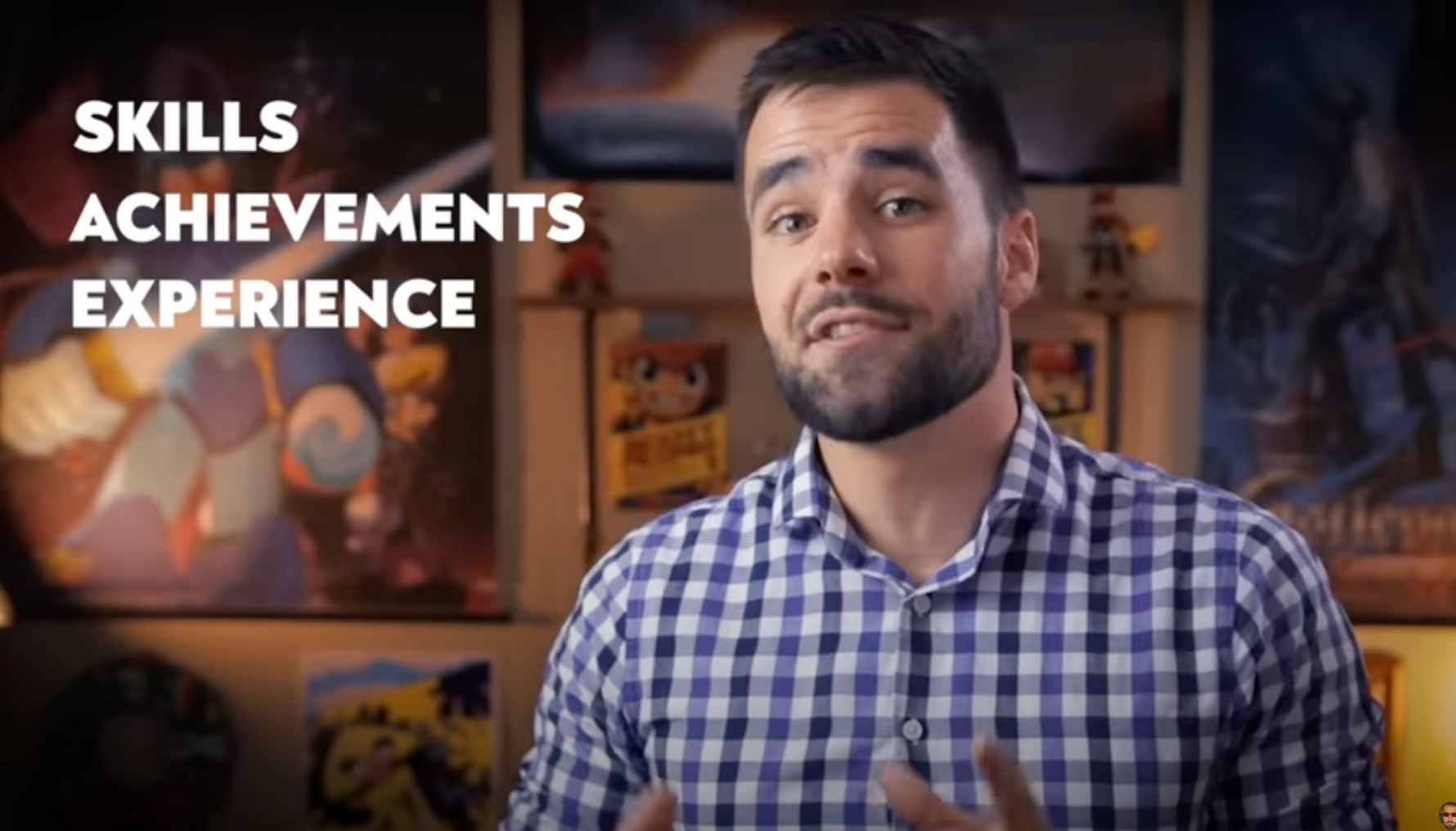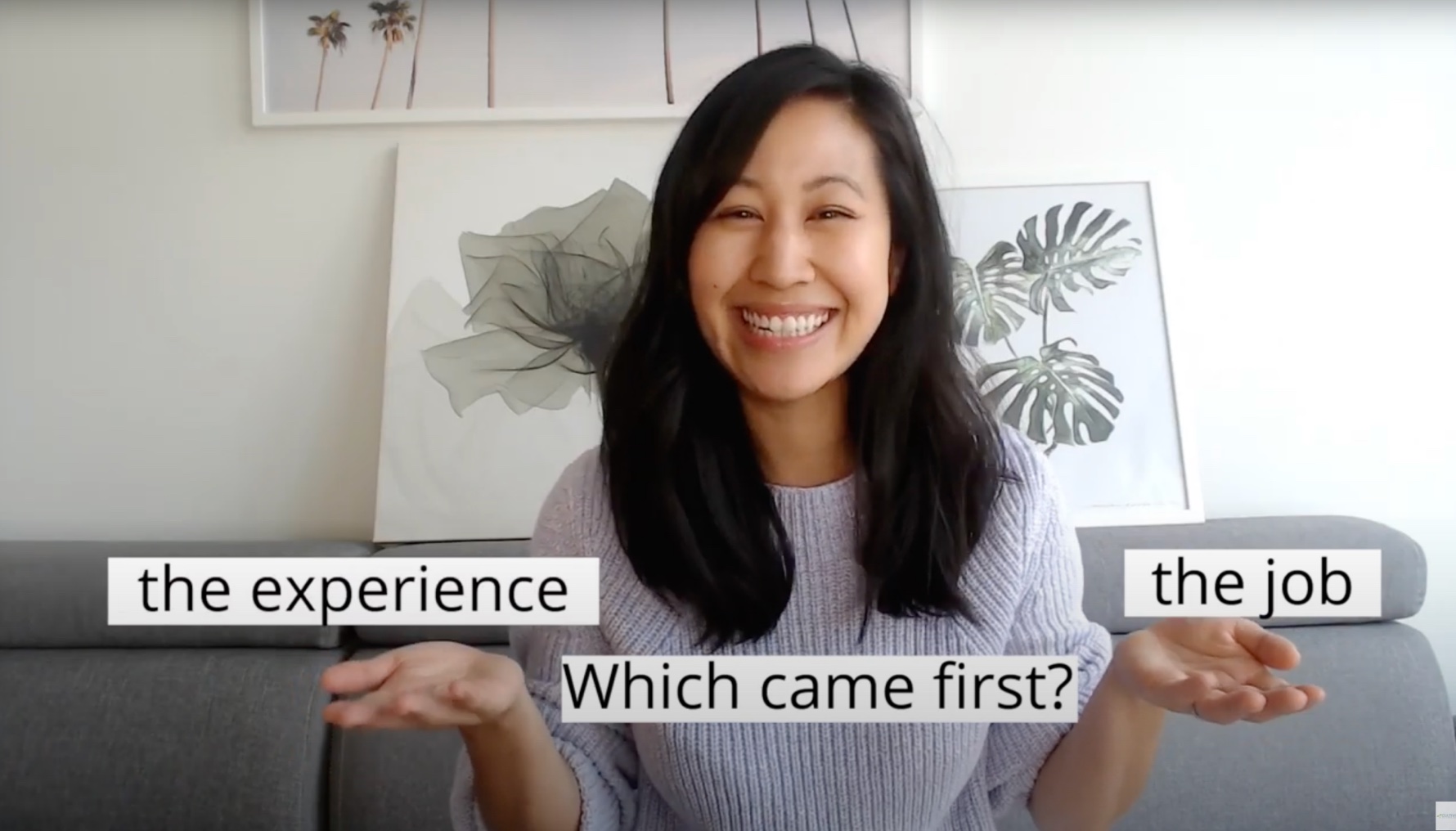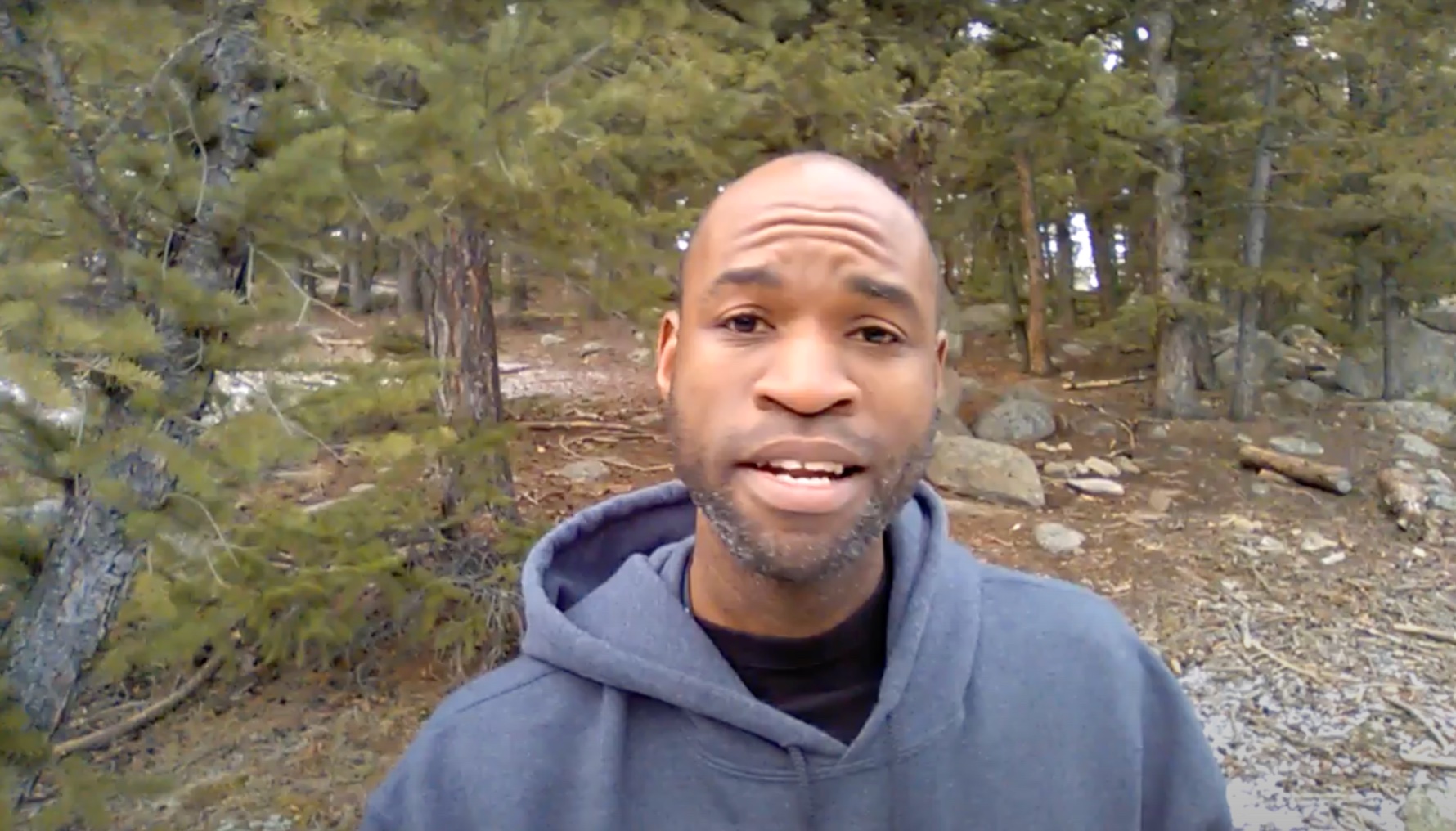This website uses cookies so that we can provide you with the best user experience possible. Cookie information is stored in your browser and performs functions such as recognising you when you return to our website and helping our team to understand which sections of the website you find most interesting and useful.
- Home
- ‹
- Tech Skills/Jobs
- ‹
- Find a Job
Find a Job
Learn the skills and create the documents to apply for a job, find local resources to help with your search, and ace your interview.
Find Job Openings
Exploring the job opportunities in your area can seem daunting, learn the best ways to find the job that’s right for you.
Create Your Resume and Cover Letter
Your resume presents your skills, experience, and your character to potential employers. A well organized and thoughtful resume can make a significant difference getting you to an interview. You will also want to write a cover letter for each job you apply for. Make sure it is specific to the job to which you are applying.
Ace Your Interview
Interviewing can be the most important step in securing employment. With preparation and practice, impressing your interviewer can be a breeze.
Use Your Network to Find a Job
Meeting with professionals in your area and in the sectors you’re applying for can provide valuable insights and make meaningful connections. The Bureau of Labor Statistics’ Job Openings and Labor Turnover Survey reports that up to 70% of people ended up in their current position thanks to networking.
Get Answers:
There are a few things to do when starting your job search. Thinking through your past job experience, your skills, and your interests is the best place to start. Once you have that figured out, you can start to focus your search toward jobs that you are more likely to get and that you would actually like to have. The best places to find available job openings are online job search websites, local career one stops, temp agencies, and your own networks (friends, family, and social media). Here’s a great, complete list of recommended steps for finding your next job!
When searching online for a job, like a lot of things online, you need to look out for scams. Here’s a great video explaining more.
Make sure you tailor the skills, experience, and language in your resume to address the needs of each job opening. Research the employer that you’re applying to and use their language. See more strategies for when your job search is not getting results. In particular, applying for jobs online can be frustrating, and it is hard to know if your application is getting anywhere at the potential employer. Here are some steps to follow to make your application stand out when you apply online.
They can be! They are especially good if you need to find a job fast. One great benefit is that you only have to apply in one place, the temp agency, and then they offer you job openings from any of the the companies they work with. The temp agency will pay you directly for a period of time, usually a few months for the jobs you work through them. Jobs you get through a temp agency may be short term, or you may even get asked to come on permanently with the company you were temping for. Here’s some great additional info about using a temp agency.
When applying for a job where you don’t have a lot of direct job experience, the first key is to be honest about what you have done before. But just because you haven’t done a specific job before, that doesn’t mean that you cannot convince a potential employer that you are the right person for the job! Think about your skills, especially the ones you didn’t gain on a job, such as being a team player, time management, integrity, and perhaps most importantly, being eager to learn and teachable. And your job interview and cover letter are great ways/places to talk about those skills. Here’s a great video with more.
Visit the Salary Finder to see average hourly or annual pay for hundreds of occupations—by ZIP code, state, or nationally.
A criminal history shouldn’t deter you from seeking employment. There are resources available to clean your record and job fields that tend to hire those who have a record. First, look into cleaning, sealing, or correcting your record. It is possible that your record has mistakes and/or incorrect charges. Contact your local Division of Criminal Justice to get a copy, or contact the Legal Action Center. You can also seal your records so that only the criminal charges will appear.
If you have a military discharge that was less-than-honorable, see what you can do to clean it up. Call your local state division of Veterans’ Affairs.
When applying for jobs with a criminal record, be truthful about your conviction on your application. When interviewing, be prepared. Have a 30-second speech prepared that is honest about your conviction and talks about what changes you have made.
See more tips about applying for jobs with a criminal record and interviewing with a criminal record
A good resume answers what an employer wants to know about you in as few words as possible. There are some basics that every resume should have, including:
- your name and contact info, a very brief summary about you (what you are looking to do in your career, and a high point or two of your career so far)
- your job history (list employer names and dates you worked there, and main job responsibilities you had at that job). Also remember to include volunteering experience or internships.
- your educational history (starting with High School, then include any amount of time spent at a college or technical school, the years in which you attended and if you earned a degree)
- a listing of your skills (especially as you think they may be relevant to for the job you are seeking)
- any other awards or honors you have received.
Here’s a complete list and ideas about how to fill everything in.
The Department of Labor has put together a thorough Resume Guide to help guide you through developing your resume.
Matching your skills and experiences to each job is essential for a successful job application. Rate your levels of experience on this Skills Matcher to see what job areas meet up with your skills.
Cover letters are really important to get you noticed when applying for a job. Anyone can create a resume and then send it off to 50 employers. But a unique cover letter shows that you took time to think about this particular job and give more information about why you think you’d be a good fit, and why you think working at this employer would be rewarding to you. Essentially think of the cover letter like a pre-interview…it helps an employer learn about you, what they should care about getting to know you, and gives you an opportunity to impress them. The most important thing to do with a cover letter is to make it unique to the job you are applying to. Be sure to name the company, mention the hiring manager by name, and describe specific aspects of this particular job that interest you. Keep it pretty short, about a page, and make sure you double and triple check for spelling or grammatical errors! Here are some more tips
References are people that you can list that will vouch for you and your skills. Previous employers, teachers, coaches are good ideas to serve as references. You do not need to supply the list when you first apply for a job, but employers will often ask for your list once they like what they see on your resume and cover letter. Be sure to check with the people on your list ahead of time and make sure that they are willing to put on a good word for you when an employer calls or emails them. And always give them a head’s up when you have supplied their name to an employer so they know to expect the call.
If you want to learn more, here are 13 tips for choosing the best references.
Job interviews are not usually the first step in the hiring process. Typically an interview happens once an employer has looked over the resumes they have received and narrowed down their list of candidates. The best way to get an interview is through a personal connection, which is one reason why using your personal network to find a job is often the most successful. But you can also create a personal interaction at your potential employer on your own. Find a way to reach out to a hiring manager by phone. Persistence pays off, but be careful that you do not become a pest and turn them off.
Job interviews are most often conducted in person at the employer’s office. But they can also be conducted over the phone or videoconference. The main part of an interview is usually about asking questions. The employer will have questions for you (see here for some of the most common questions interviewers ask) and it is also a time for you to ask questions of them (about the job, what it’s like to work there, etc). An interview is more than just your answers to questions. You will be observed and judged on your personality, your poise, your mannerisms, your politeness, whether or not you were on time, your speaking skills, and more. The bottom line…a job interview gives you a chance to show off what a great employee you will be!
The best way to get this question answered is to ask the interviewer during your interview. Always ask when you should follow up and the best way to reach out to your interviewer. Once armed with this information, follow the recommended steps to the letter.
This is a personal preference. Either works, but 89 percent of hiring managers are fine with an email note, and half of them actually prefer it. Just be sure to personalize the note. Remind your interviewer who you are, how much you want the job, and why you’re the best person for it.
Many, some would say most, jobs available are not advertised on job boards or the newspaper. That means to even know about them, you have to know someone who knows about them. The more people you know and meet that know you are job hunting, the better your chances of a new job opportunity coming your way. An effective network is one of mutual benefit–in other words where you are providing help to others just as they do for you.
Be proactive in approaching and connecting with new people. Be respectful, networking isn’t just about what others can do for you, it’s about finding mutual benefits. Not everyone is going to be the right connection for you, and that’s a good thing. If someone doesn’t want to connect, move on. When you do connect, connect in a meaningful way and look to be helpful. Follow-up–part of growing your network is not just how many people are in it, but having personal connections, this starts with having personal follow-ups after networking events.
The short answer to this question is anyone you know who has a job, especially people you know you have jobs in the field(s) you would like to pursue. Not everyone has a large network of professionals. You may be young or may not have had a lot of work experience before to tap into. But everyone has a network to start with, and you can always build your network.
If you are just out of school, your network may include teachers, guidance counselors, coaches, school administrators, extended family members, religious leaders or family friends. If you have worked before, you can also talk to family and friends and also talk to former employers and managers, and other associates like customers or clients you’ve established a relationship with.
Here’s a great article for more info.
Yes! To expand your network to include people you do not already know, going places to meet other professionals is a great thing to do. Look for meet-ups online, or join networking groups in your area. These groups are there for people just like you, who are looking to meet others to help their careers or expand their business.





